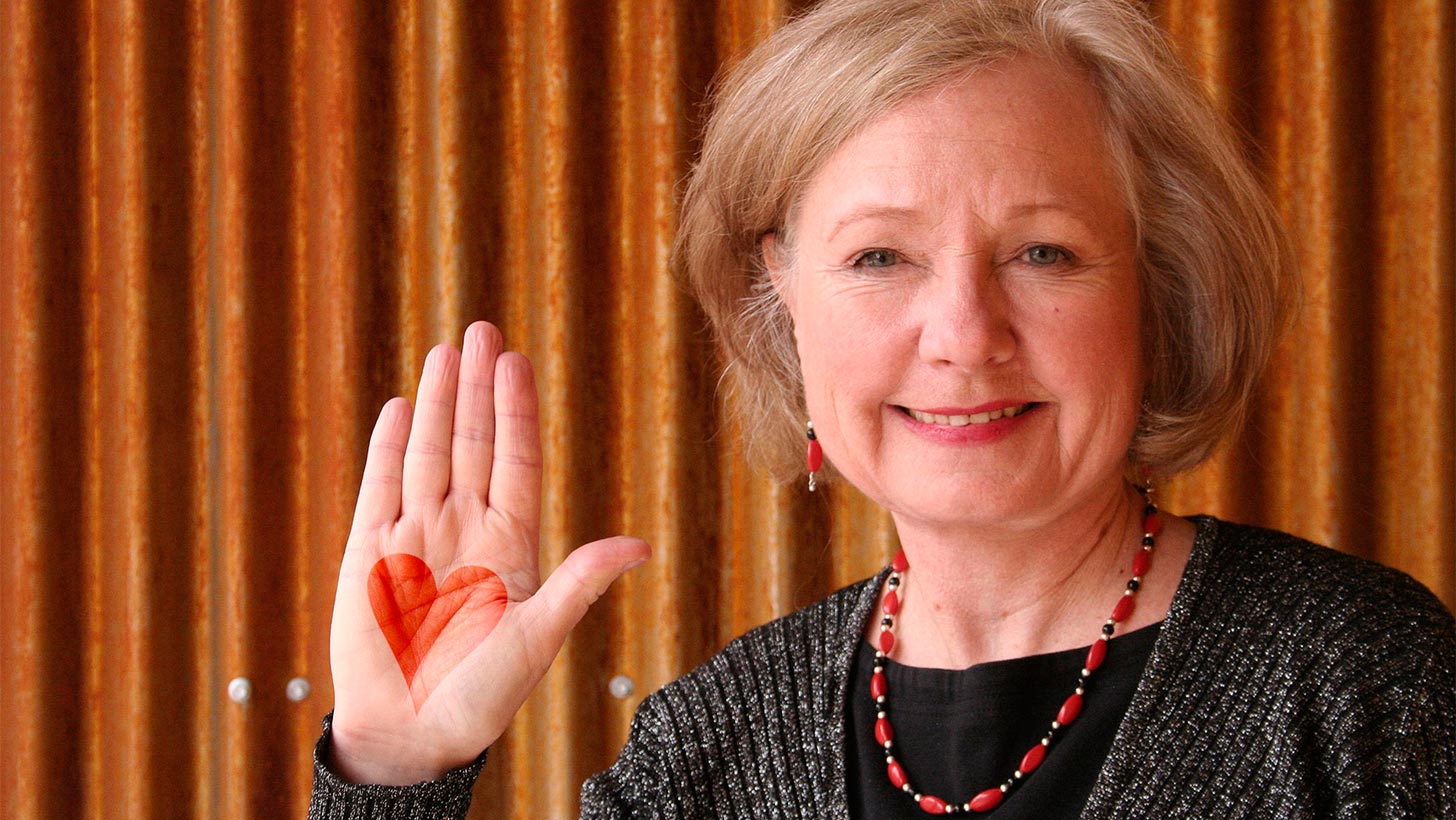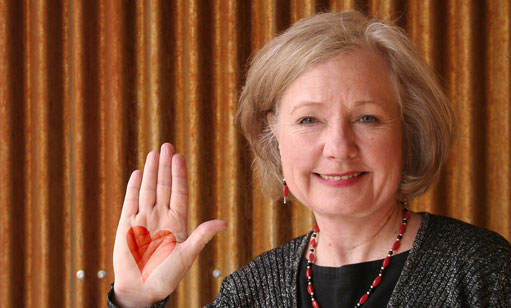News Interview: Susan Wheeler-Deichsel
Mayoral Candidate Is Compassionate, Ready To Lead


Courtesy Susan4ABQ.com
Latest Article|September 3, 2020|Free
::Making Grown Men Cry Since 1992


Courtesy Susan4ABQ.com

